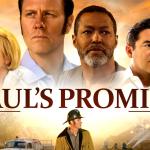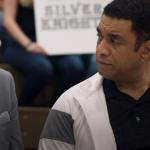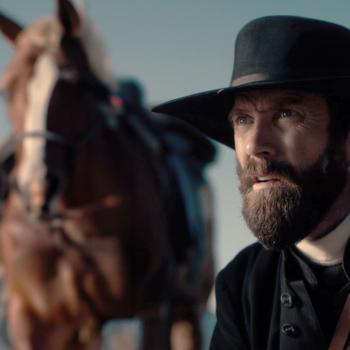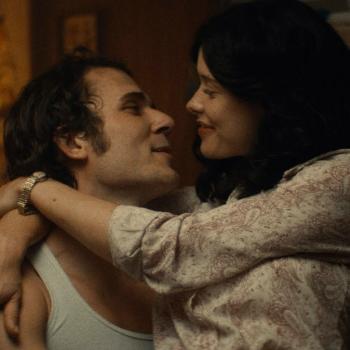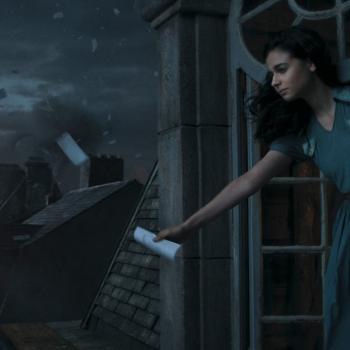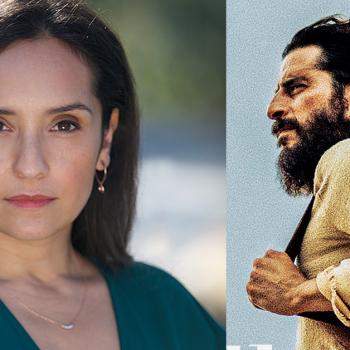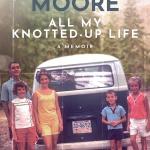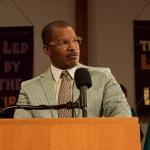“Thai Cave Rescue,” now playing on Netflix, is a series adaptation of the story of 12 soccer players and their coach who were rescued from the Tham Luang cave in Thailand after being trapped for two weeks. The series filmed in Thailand during the pandemic, even in the actual cave during monsoon season, and in the boys’ homes and the church where one of the boys, Adul, worshipped and lived. After its release in September, the series trended among the top releases on the streaming platform.
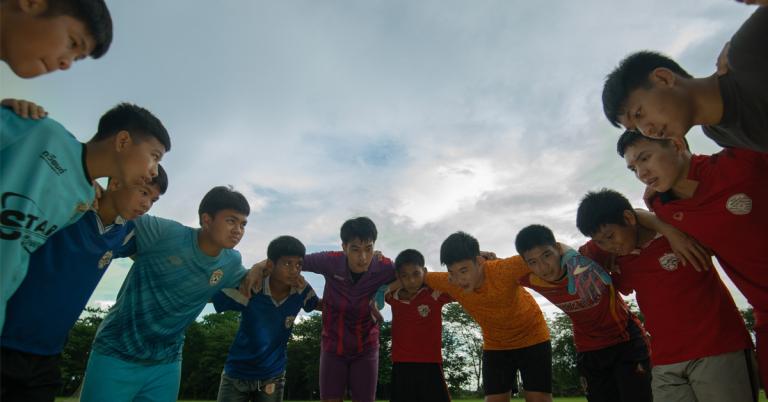
Showrunner and writer Dana Ledoux Miller (“Designated Survivor,” “NARCOS,” “The Newsroom”) recently spoke to Reel Faith’s DeWayne Hamby about exploring the faiths of the players and the community, how the crew strived for authenticity in telling the story, and how it can inspire viewers to lay aside their differences to work together.
At what point did the story kind of touch your heart and say, “This is something I want to get behind?”
I think I watched it along with the rest of the world when it was on the news. It was this sort of incredible epic thing happening on the other side of the world. And it felt really far away from me. It wasn’t until John Chu, who executive produced, and my friend, Michael Gunn, who I ended up co-writing and co-running it with came to me and started talking to me about the story, and kind of peeling back these layers. We dug into it together and realized just what an emotional toll this took on the people involved, especially the boys and their families. To me, those are the stories that are the most compelling, where we really get to live with people going through something extraordinary and unpack what that means for them. And seeing how much faith played a role in their survival. That that’s always been something that I’ve gravitated towards.
This series has a lot of faith in there. And it’s inspiring like you’re putting goodness out into the world.
When Michael and I started this project, we pitched it to Netflix and sold it to them a couple of weeks before the first COVID lockdown. So, the story that we were living with throughout the pandemic, and seeing how fraught things were becoming in the world, and just being able to focus on a story that was about people, overcoming differences, language, faith, you know, motivation to come together to help these boys was really inspiring to us creatively. We don’t get to tell stories like that very often.
I’ve followed projects for a long time, movies, and television media, and there was a point in the world where if there was a story that had faith in it, it might be downplayed, but it seems like audiences are more embracing these stories. Have you found that to be true?
I hadn’t really thought of it in those terms, but I think generally, audiences are more receptive to understanding people coming from life at different perspectives. And for me, I’ve always just gravitated towards stories that allow me as a writer to kind of get into why people believe what they believe and how those beliefs shape their actions, how they guide them through their lives, whether it’s religion or anything else that they believe in. And I grew up in the Christian church here in the US. And I really loved exploring Buddhism and Animism and how that shaped the way people responded to the cave situation, and I felt like I learned so much about faith from a different perspective.
There were many faiths involved in that story, but you are able to highlight Adul, the Christian player who also acted as interpreter.
We do. I thought that was a really interesting, game dynamic. Thailand is a very Buddhist country, and yet this area where the cave exists, it’s also a melting pot of different ethnic groups that have other faiths. Then there is a sort of small pocket of Christian missionaries that live there. I think the fact that he is really rooted in his faith is really interesting. And I wanted to show that we can all kind of coexist, that it doesn’t have us versus them. I think that’s really important because at the end of the day, these kids are just kids facing their own mortality. And what we find is that they become a family and they really, really love each other.
What was it like getting to know the real people behind the story?
Incredible. I don’t think I’ll ever have an experience like this, again, just the generosity of time and sharing of themselves that we experienced. We got to interview the boys, their families, the Thai people, the Thai politicians and military and just regular people that showed up to help and got to sit with people who have experienced something like this. But also the selflessness that they went through and seeing the sincerity and how genuinely, people wanted to help these boys. Also, how well-adjusted the real boys are in real life was really, really powerful. Some of the parents open their homes to us, and we got to film in their real homes. They offered props that we set dressed some of the scenes. Mark’s Mom gave us some of his clothes and some of his toys. So, when you look at those scenes, those are his real toys that he had at that time, in the room, and it just adds a layer of texture that you can and can’t replicate. But it also it has a responsibility on us as the as the filmmakers because it makes the reality of what these people have gone through so much more real and the responsibility to do right, by their story grows exponentially. But it’s a good standard to live up to when you’re telling a real story.
I think why people like these stories is that it shows that during tragedies, we can come together and help out when it really matters. So it’s important to remind people of that.
I think I think these big stories offer us an opportunity. Yes, it is still possible for us to kind of dig into our humanity and find those commonalities between us. I would hope that these big reminders in these that come from these sort of tragic experiences wouldn’t have to always be the thing that reminds us. It would be nice if we could just get to that place without having to be inspired by just horrible (events). But, but that’s something to work towards. And it’s always good to have the, these events do happen so that we can have conversations about it and, hopefully, do better by each other.
What did this project teach you?
I’m a Pacific Islander, so I do a lot of work within the community and try to really push for authentic representation. It was a good reminder of what’s possible. There’s not always a lot of trust put in by big studios and big networks in in people that come from the communities for whom the stories were telling. We pushed really hard to make sure that Thai people were helping tell their stories. And it turned into this really beautiful show. And for me, it’s really reminded me that the work matters, representation matters, and fighting for my own people to tell their own stories is more important than ever.
“Thai Cave Rescue,” created by Michael Dunn and Dana Ledoux Miller and directed by Kevin Tancharoen and Nattawut Poonpiriya, is now playing on Netflix.


